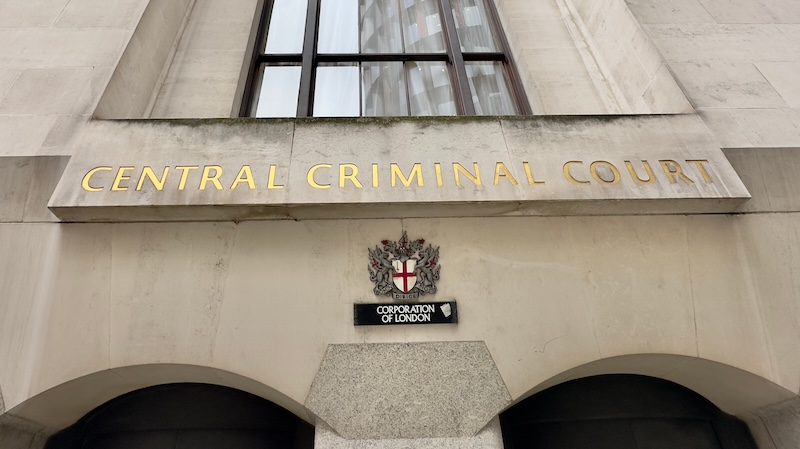Your criminal law module could soon be out of date

The right to a trial by jury — long seen as a central part of justice in England and Wales — could be curtailed under bold new plans to save the criminal justice system from collapse.
Former senior judge Sir Brian Leveson was asked by the Lord Chancellor Shabana Mahmood for recommendations to tackle the significant backlog of cases in the criminal courts, which currently stands at nearly 77,000. His 378-page report, published today, declares that “the system is too broken” and that “radical” and “fundamental” reforms must be made to address “the risk of total system collapse”.
Leveson’s key proposals include:
- A new division of the crown court in which a judge and two magistrates hear “either way” offences (offences which currently can heard by a magistrate or by a jury in the crown court), including certain theft, burglary and fraud offences.
- Reclassification of some “either way” offences to summary offences so they can only be heard in the magistrates court.
- More focus on out-of-court resolutions for low-level crime, such as police cautions and conditional cautions.
- Criminal damage offences of up to £10,000 being dealt with as summary only offences (the current threshold is £5,000).
- Allowing sentence reduction of up to 40% for defendants who plead guilty at the first opportunity.
- Judge-only trials for the most complex fraud cases.
- Removing the right to be tried by jury in the crown court for offences with a maximum sentence of two years or less.
- Allowing crown court defendants to choose to be tried by a judge alone.
If these proposals are implemented it will mean a significant shake-up in the criminal justice system — universities around England and Wales may need to give their criminal law modules a refresh.
Leveson has commented on the “radical” nature of his proposed changes, arguing that they are driven by necessity. “I don’t rejoice in these recommendations but I do believe they’re absolutely essential,” he told the press. “Do I want to curtail jury trial? Would I like to? No … But I would ask that the report be judged not on what I am undoing, but on what I am trying to protect.”
Speaking on BBC Breakfast this morning, the retired judge added, “Victims, witnesses and indeed defendants are kept waiting for years and years and can’t move on with their lives … If we don’t do something very dramatic, these cases will get longer and longer delayed.” He described his proposals as “not small tweaks but fundamental changes that will seek to make the system fit for the 21st century.”
The recommendations have received a lukewarm response from some areas of the profession.
Barbara Mills KC, chair of the Bar Council, said: “Changing the fundamental structure of delivering criminal justice is not a principled response to a crisis which was not caused by that structure in the first place… it is the failure to invest properly in the justice system over decades that has led to the crisis we see in the criminal courts today.”
Also calling for investment over structural change was Richard Atkinson, the president of the Law Society, who said: “The proposed new division of the crown court on its own will not solve the crown court backlog … only investment in the whole system has any chance of success.”
However others have reacted with more enthusiasm. “Magistrates are ready and willing to support these and other initiatives aimed at reducing the pressure on Crown Courts,” said Mark Beattie, national chair of the Magistrates’ Association. “We urge the government to implement Leveson’s recommendations as soon as possible.” This was echoed by Met Police Commissioner Sir Mark Rowley who said, “I welcome this report and look forward to working with partners across government to deliver the bold reforms that are now a necessity, not an option.”
Shabana Mahmood commented on the report, as well as the calls for further investment in the justice system, in a statement which read” “I have already lifted courts funding to record levels, funding 4,000 more court sitting days than under my predecessors. But swifter justice requires bold reform, and that is what I asked Sir Brian Leveson to propose.”
